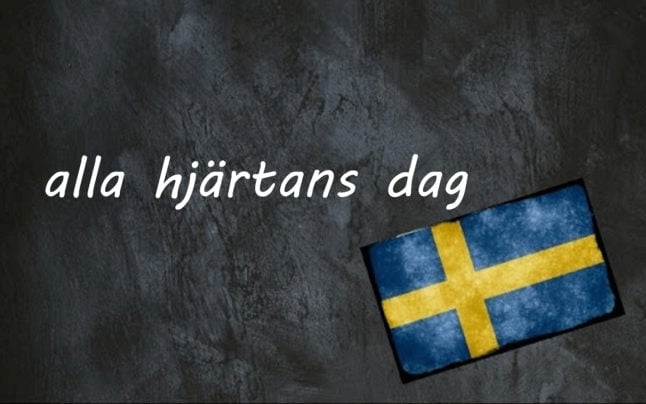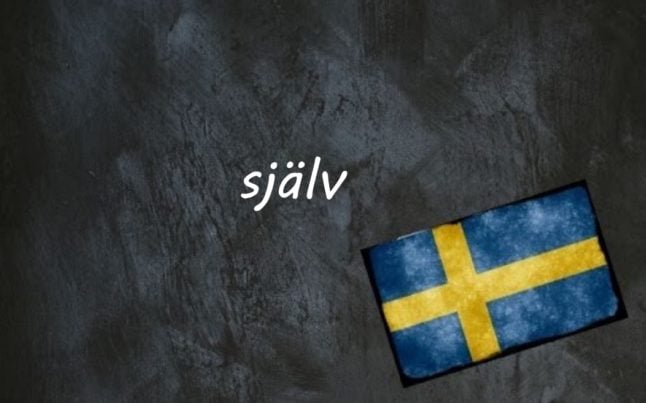Valentine’s Day has its roots in medieval England, where February 14th was believed to be the day when birds coupled off and found their partners. This is perhaps where the term “lovebirds” comes from, to refer to a loved-up new couple. In Swedish, turturduvor or turtle doves are seen as a symbol of love as they are monogamous and mate for life.
February 14th is sometimes referred to as Valentindagen in Swedish, although this meaning refers more specifically to the name day of St. Valentine, a priest in ancient Rome who died a martyr’s death in 270 AD for marrying young couples against the will of the emperor, making him the patron saint of all young couples.
The tradition of giving flowers on Valentine’s Day also stems from St. Valentine, who supposedly gave these young couples flowers from the church’s garden. He also is said to have smuggled a card out of prison to the jailer’s daughter, who he was secretly in love with.
Alla hjärtans dag, the Swedish term for Valentine’s Day, was imported to Sweden relatively recently by the Nordiska Kompaniet (now more often referred to as NK) department store in Stockholm in 1956, who described it as a “fun American Valentine tradition”.
NK no doubt saw a great opportunity to boost their sales by encouraging young couples to buy each other gifts and cards as a token of their love.
But what did Swedes do to win each other’s hearts before alla hjärtans dag? Read this article for traditional Swedish tales of how to enchant the object of your desires.
Example sentences:
Älskling, ska vi inte göra något roligt på alla hjärtans dag?
Darling, should we do something on Valentine’s Day?
Alla hjärtans dag är bara en kapitalistisk högtid importerad till Sverige för att sälja kort och blommor.
Valentine’s Day is just a capitalist holiday imported to Sweden to sell cards and flowers.
Villa, Volvo, Vovve: The Local’s Word Guide to Swedish Life, written by The Local’s journalists, is available to order. Head to lysforlag.com/vvv to read more about it.
It is also possible to buy your copy from Amazon US, Amazon UK, Bokus or Adlibris.



 Please whitelist us to continue reading.
Please whitelist us to continue reading.
Member comments